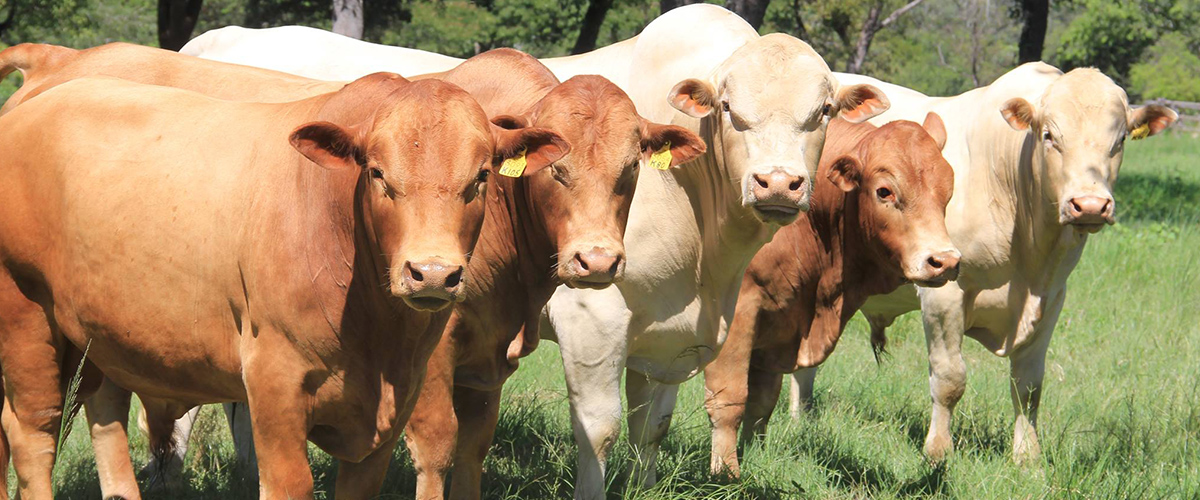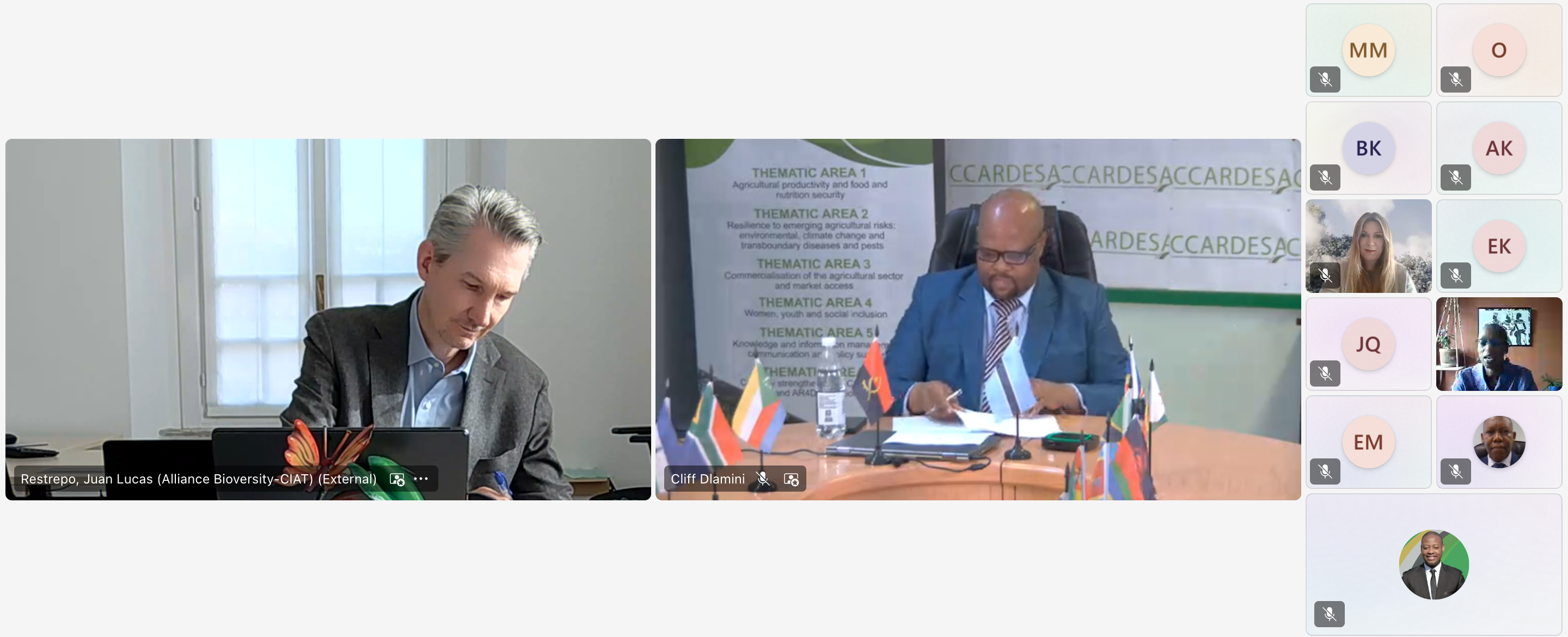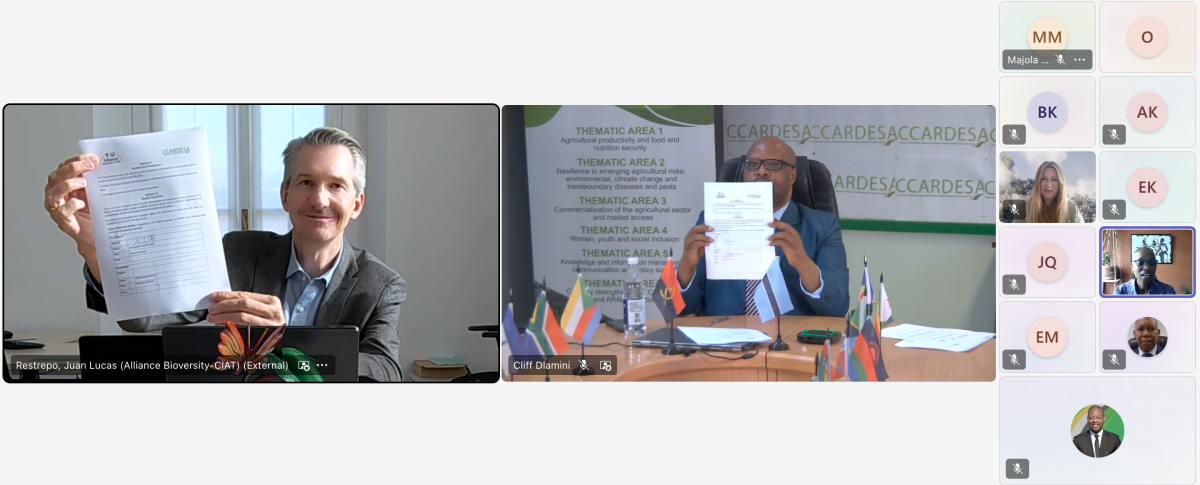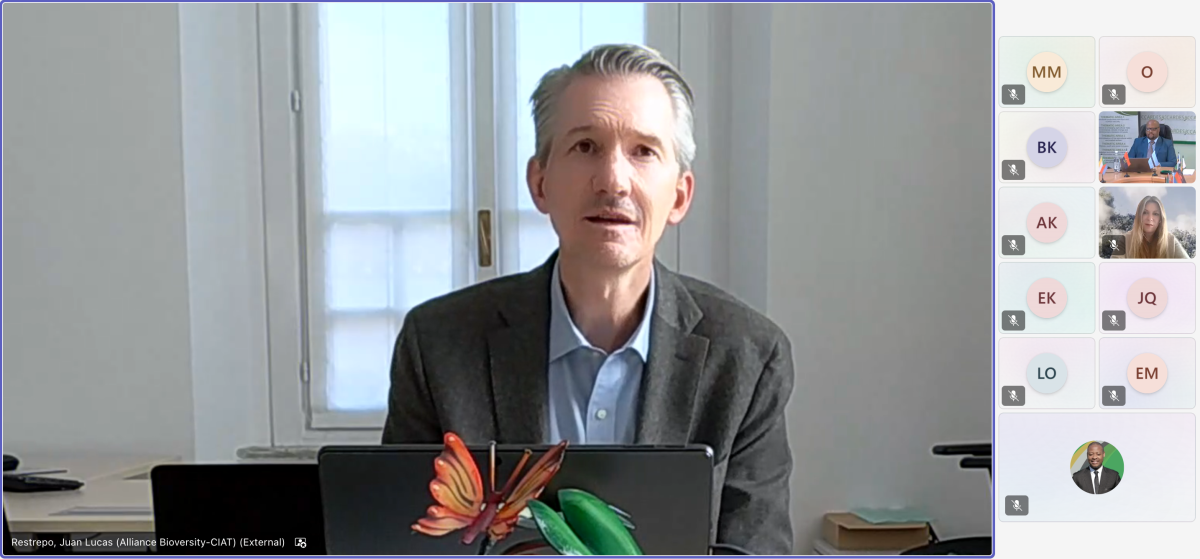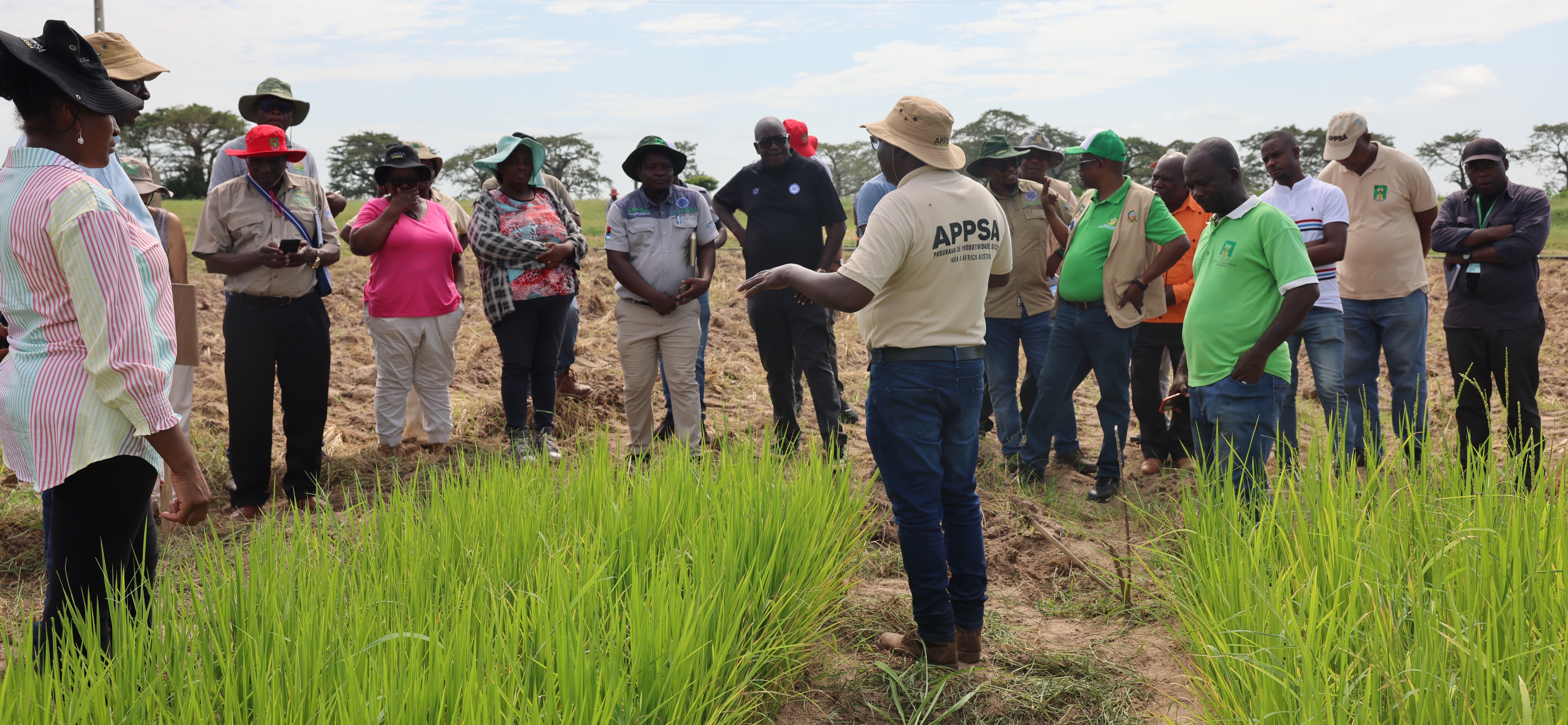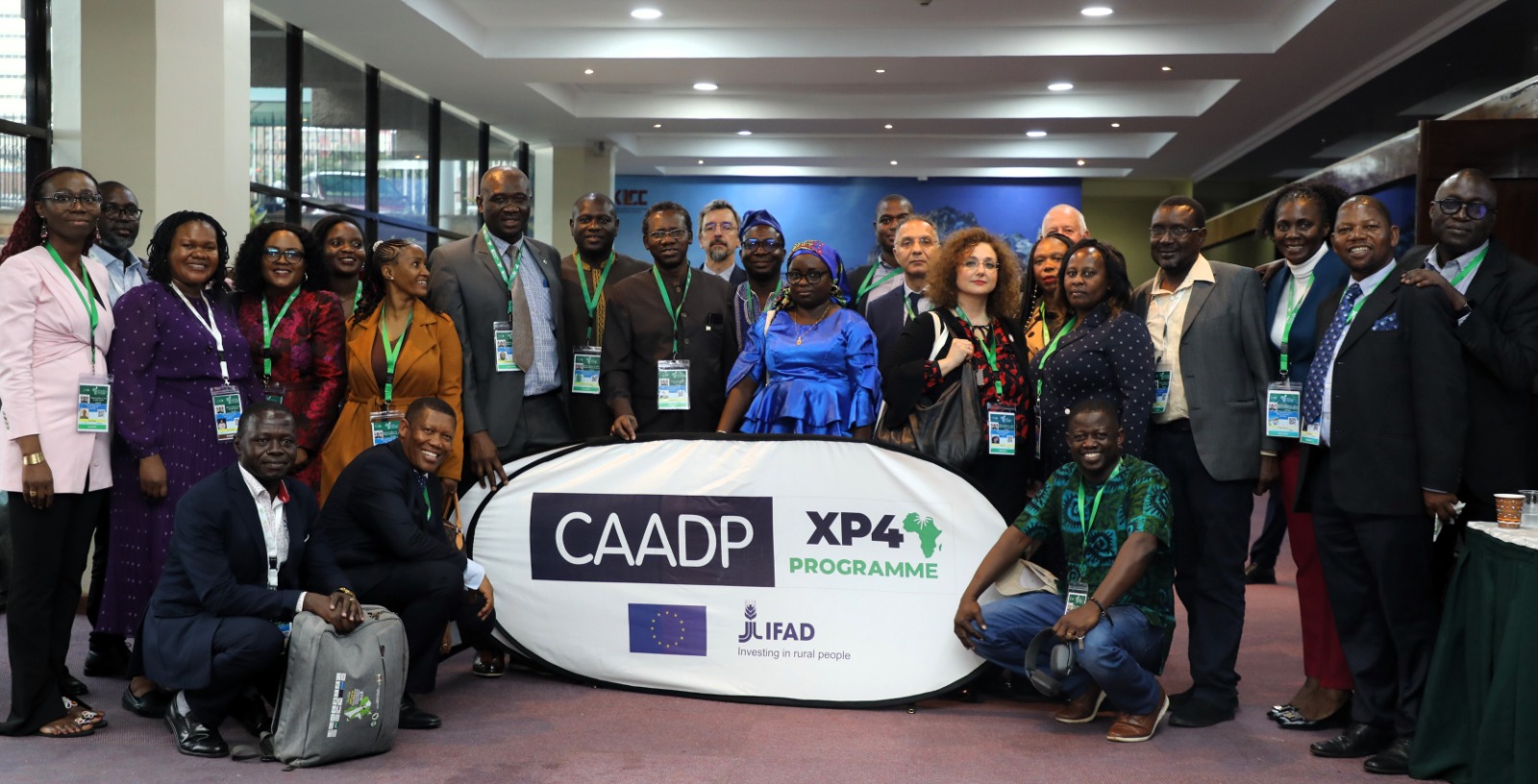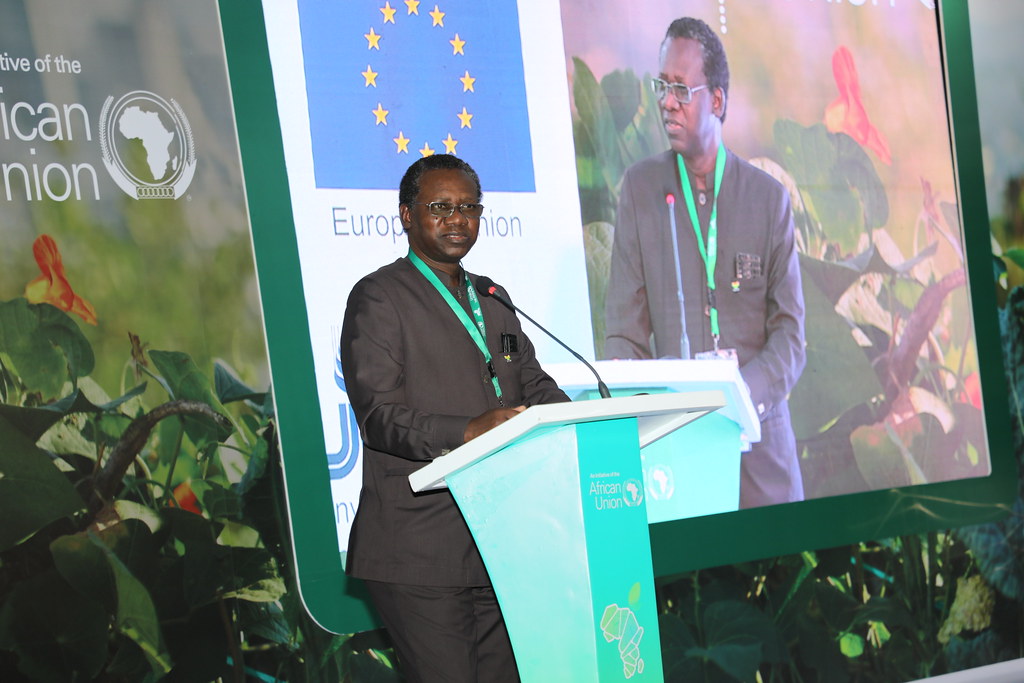Transnational policy and technology transfer recommendations on the use of rainwater for off-season small-scale irrigation in sub-Saharan Africa
These recommendations are a compilation of 2 regional studies at sub-Saharan Africa level which focused on research and technology transfer in the field of rainwater harvesting irrigatio nmanagement on one hand (section 3), and effective policy recommendations on the use of rainwater for off-season small-scale irrigation on the other (section 4). The regional studies upon which this transnational study is based come from the analysis of national studies in Ethiopia, Kenya, Mozambique and Zimbabwe.
The overall goal of the research and technology transfer strategy is to foster the replication, transfer and scaling up of innovative, cost-efficient and market-oriented RWHI technologies and practices in arid and semi-arid areas of sub-Saharan Africa. Thus, this report aims to discuss different technology transfer options in order to encourage uptake of innovative technologies and practices in this field of knowledge.
The main goal of the policy recommendations is to foster the replication, scaling-up and market-uptake of RWHI technologies and practices, and the inclusion of RWHI management into regional, national and local agricultural, irrigation and rural water management policies. The focus area is sub-Saharan Africa with a special emphasis on Ethiopia, Kenya, Mozambique and Zimbabwe. This is meant to support a market-oriented replication and scalingup of RWHI management in sub-Saharan Africa, and contribute to policy reforms that adequately recognise the role of rainwater harvesting for off-season small-scale irrigation in arid and semi-arid areas.
Small-scale Irrigation
sub-Saharan Africa
De Trincheria, J., Wuta, M., Ngigi, S., Nyawasha, R.W., Oremo, F.O., Oguge, N.O., Asrat, P., Dawit, D., Simane, B., Brito, R., Malanço,, J., Mussera, P.V., Niquice, C., Famba, S., Leal Filho, W. (2017). Transnational policy and technology transfer recommendations on the use of rainwater for off-season small-scale irrigation in sub-Saharan Africa: Fostering innovation and replication of rainwater harvesting irrigation strategies in arid and semi-arid areas of Ethiopia, Kenya, Mozambique and Zimbabwe. AFRHINET Project, Hamburg University Applied Sciences, Hamburg, Germany.


